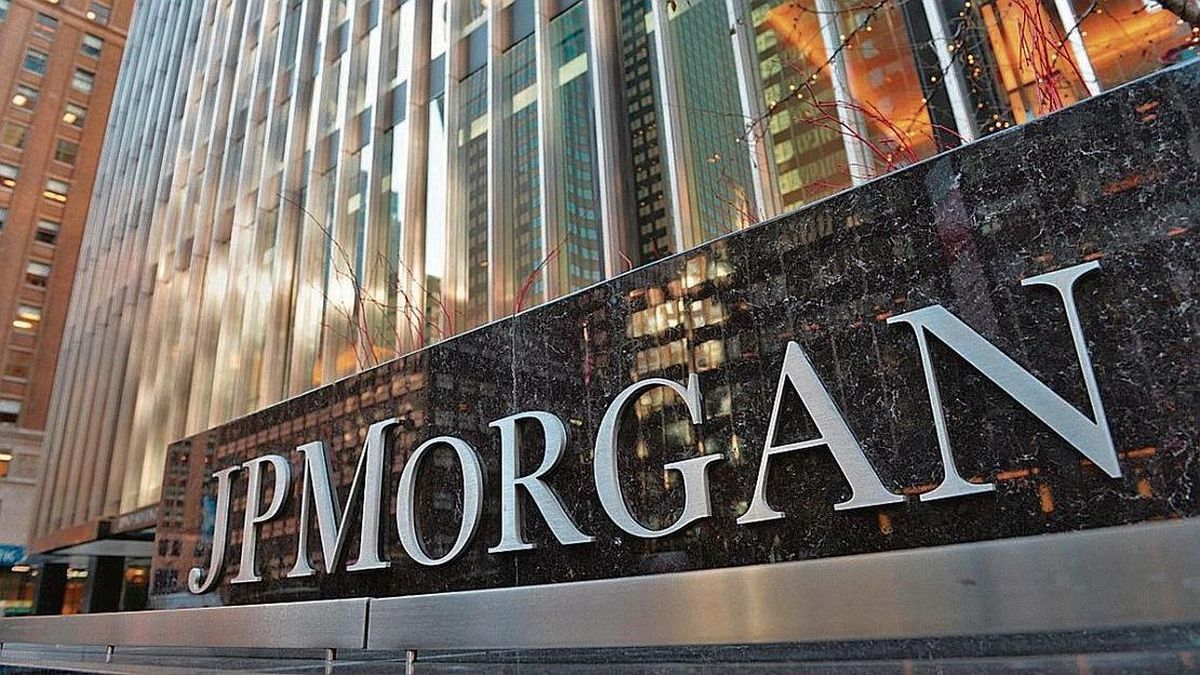A barrel of Brent was agreed today at US$109.48 in contracts for June, according to the Bloomberg news agency.
The European Commission (EC), the EU Executive, is working on a document to prohibit purchases of Russian oil, a measure that, however, meets resistance among some of the member countries of the community bloc.
Two weeks ago the EU banned coal imports, a measure that will take effect in August; while in the case of gas, the path will be more complicated due to the strong dependence on hydrocarbons.
According to JPMorgan, the embargo would cause a sharp rise in the price of a barrel since Russia would not find enough interest to dump it on the market from other alternative importers such as China or India.
However, The bank’s analyst, Natasha Kaneva, believes that a more gradual four-month embargo, similar to the one applied to coal, could be carried out without causing major disruptions in the price of oil.
The main scenario of the banking firm is that Europe will indeed cut Russia’s production, but only by half, with a reduction of 2.1 million barrels. This is due, among other reasons, to the fact that existing contracts with Russian production companies are generally long-term.
In the same way, despite the sanctions and the isolation of the West, the entity’s economists affirmed today that “the economic contraction (in Russia) was less drastic than initially anticipated”, which they attribute to “economic inertia”.
According to the bank, Russia has so far been able to contain the severe economic fallout through its strict capital controls, although it still expects a 7% annual contraction. Likewise, the income from energy exports allowed Moscow to revalue its currency, the ruble, to the same levels prior to the invasion of Ukraine.
However, the outlook for the country continues to be negative, especially due to growing inflation (which accelerated to 19.9% annually in March) and the drop in consumption. The mayor of Moscow, Sergei Sobyanin, stated last week that there are 200,000 jobs at risk in the country’s capital alone, due to the exodus of foreign companies.
Similarly, while yesterday President Vladimir Putin stated that Western sanctions had failed, the Governor of the Central Bank of Russia, Elvira Nabiullina, warned Duma deputies that reserves are running out and that, as inventories of imported products run out, the economy will face a “structural transformation” in the next six months that will cause sharp rises in some goods and a loss of purchasing power of the population.
International organizations also believe that Russia will face a severe recession. The World Bank (WB) forecast this month a fall of 11.2% for this year, and warned that domestic demand will collapse “due to job losses, greater poverty, inflation, lower investment and problems in the supplies”. Similarly, the International Monetary Fund (IMF) today estimated a recession of 8.5% for Russia, and 35% for Ukraine.
Source: Ambito
David William is a talented author who has made a name for himself in the world of writing. He is a professional author who writes on a wide range of topics, from general interest to opinion news. David is currently working as a writer at 24 hours worlds where he brings his unique perspective and in-depth research to his articles, making them both informative and engaging.




